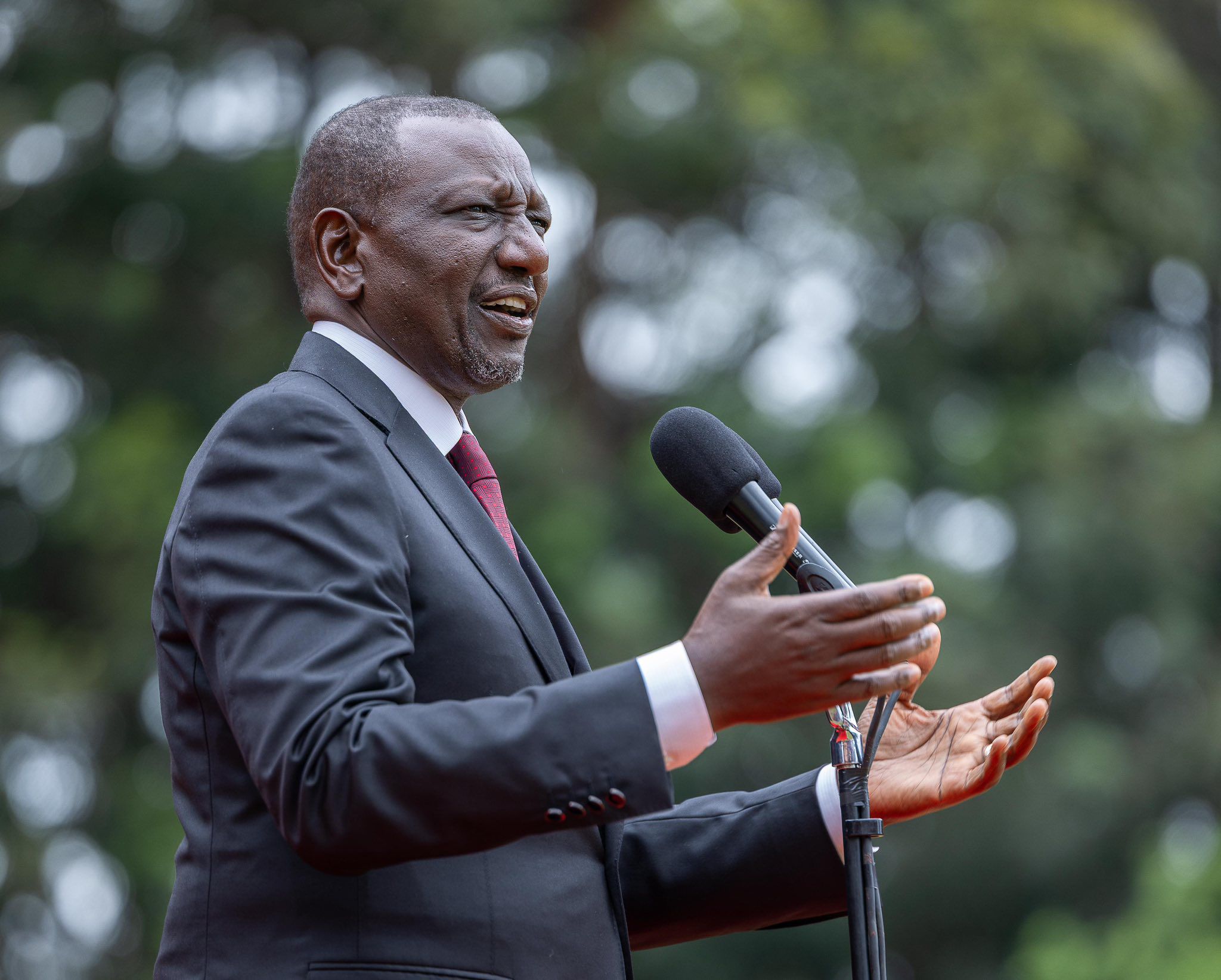Bosomtwe: RRIG mobilises stakeholders to tackle Sexual and Gender-Based Violence
By Yussif Ibrahim, GNA
Kuntanase (Ash), July 6, GNA – The Rights and Responsibilities Initiatives Ghana (RRIG) has launched a Sexual and Gender-Based Violence (SGBV) Prevention and Response Project in the Bosomtwe District to help reduce SGBV cases through community-driven solutions and institutional collaboration.
The initiative is being rolled out in five communities, with the active involvement of key community stakeholders and state institutions responsible for the prevention, response, and prosecution of SGBV-related offences.
The project forms part of the broader S(HE) Project – Support to Human Rights, Gender, and Civil Society in Ghana, a joint initiative by GIZ Ghana and the Commission on Human Rights and Administrative Justice (CHRAJ).
It is designed to safeguard survivors of discrimination and gender-based violence by improving shelter conditions, community intervention centers, and referral systems.
A key focus of the initiative is to build the capacity of civil society organisations (CSOs) and to enhance access to critical information, particularly for women and young people, using social media and mobile applications.
The project was officially launched at a stakeholder forum, drawing participants from institutions such as the Domestic Violence and Victims Support Unit (DOVVSU) of the Ghana Police Service, the National Commission for Civic Education (NCCE), and the Bosomtwe District Assembly.
Others in attendance included assembly members, religious leaders, community information center operators, women’s groups, and the media.
Madam Patience Agyare-Kwabi, Coordinator and Consultant for the S(HE) Project, speaking at the event, commended participants for their strong interest in the fight against SGBV.
She urged stakeholders to take ownership of the project and work collaboratively to ensure its success, stressing that engagement was critical to addressing the menace at the community level.
According to her, active stakeholder involvement will not only promote gender equality but also encourage survivors to speak up and seek justice through the appropriate channels.
She added that when individuals and institutions consistently raised their voices against SGBV within homes, communities, and workplaces, the impact would be far-reaching.
Madam Aba Oppong, Executive Director of RRIG, said the six-month project would engage a wide range of community groups including SGBV survivors, traditional leaders, family heads, men and boys’ groups, persons with disabilities, parents and caregivers of children under five, as well as informal sector workers such as tricycle riders.
She said the project would also collaborate with institutions like the Ghana Health Service, Ghana Education Service, CHRAJ, community-based organisations, and the media to ensure comprehensive implementation.
Expected outcomes include increased public awareness and reporting of SGBV, strengthened community response systems, and greater citizen confidence in accessing referral and support services.
Participants at the launch were also educated on human rights frameworks and available legal and support structures.
A private legal practitioner and a representative from DOVVSU led the sensitisation sessions.
GNA
Edited by Yussif Ibrahim/Christian Akorlie












